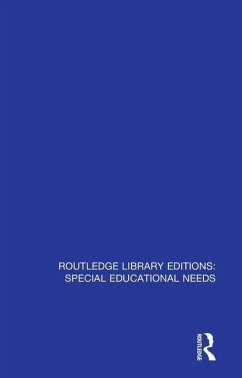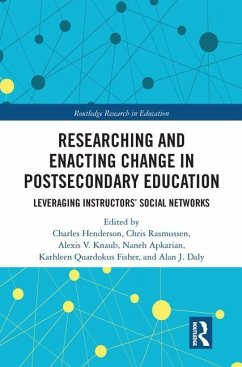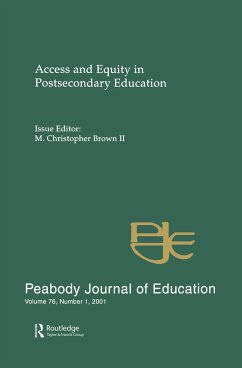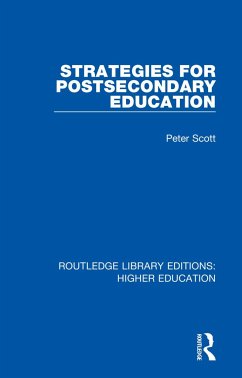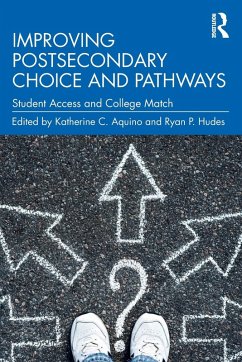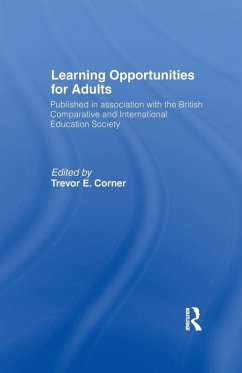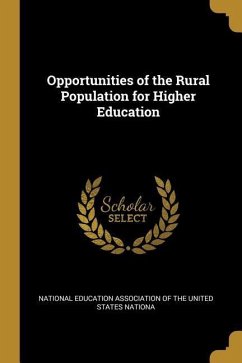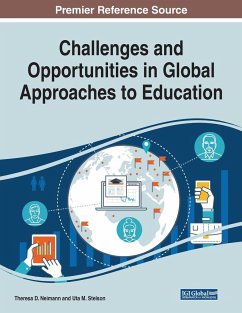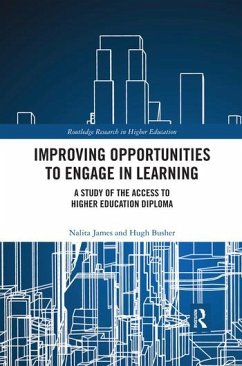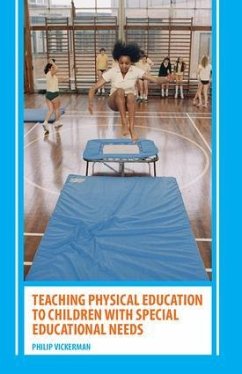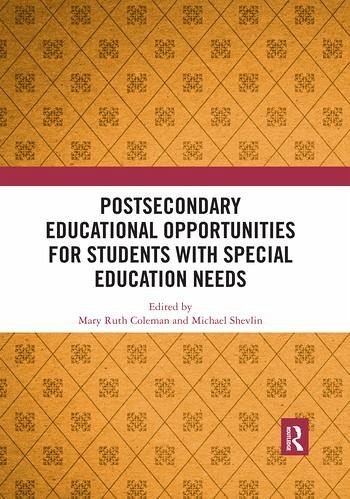
Postsecondary Educational Opportunities for Students with Special Education Needs

PAYBACK Punkte
27 °P sammeln!
The decision to go to college is a big one. It signifies a transition into young adulthood and the increasing expectations for independence that can feel exciting, liberating, and daunting! For students with disabilities this transition may be even more challenging. Despite the challenges, more and more students with disabilities are attending postsecondary colleges and universities. While this is certainly encouraging, students with disabilities are less likely to successfully complete their postsecondary programs when compared with their general population peers. So, what do we do? We can le...
The decision to go to college is a big one. It signifies a transition into young adulthood and the increasing expectations for independence that can feel exciting, liberating, and daunting! For students with disabilities this transition may be even more challenging. Despite the challenges, more and more students with disabilities are attending postsecondary colleges and universities. While this is certainly encouraging, students with disabilities are less likely to successfully complete their postsecondary programs when compared with their general population peers. So, what do we do? We can learn from our successes during early education and from successful postsecondary programs, taking what we have learned and bring these lessons to scale so that fully inclusive postsecondary programs are available for all students with special education needs. This book was originally published as a special issue of European Journal of Special Needs Education.





